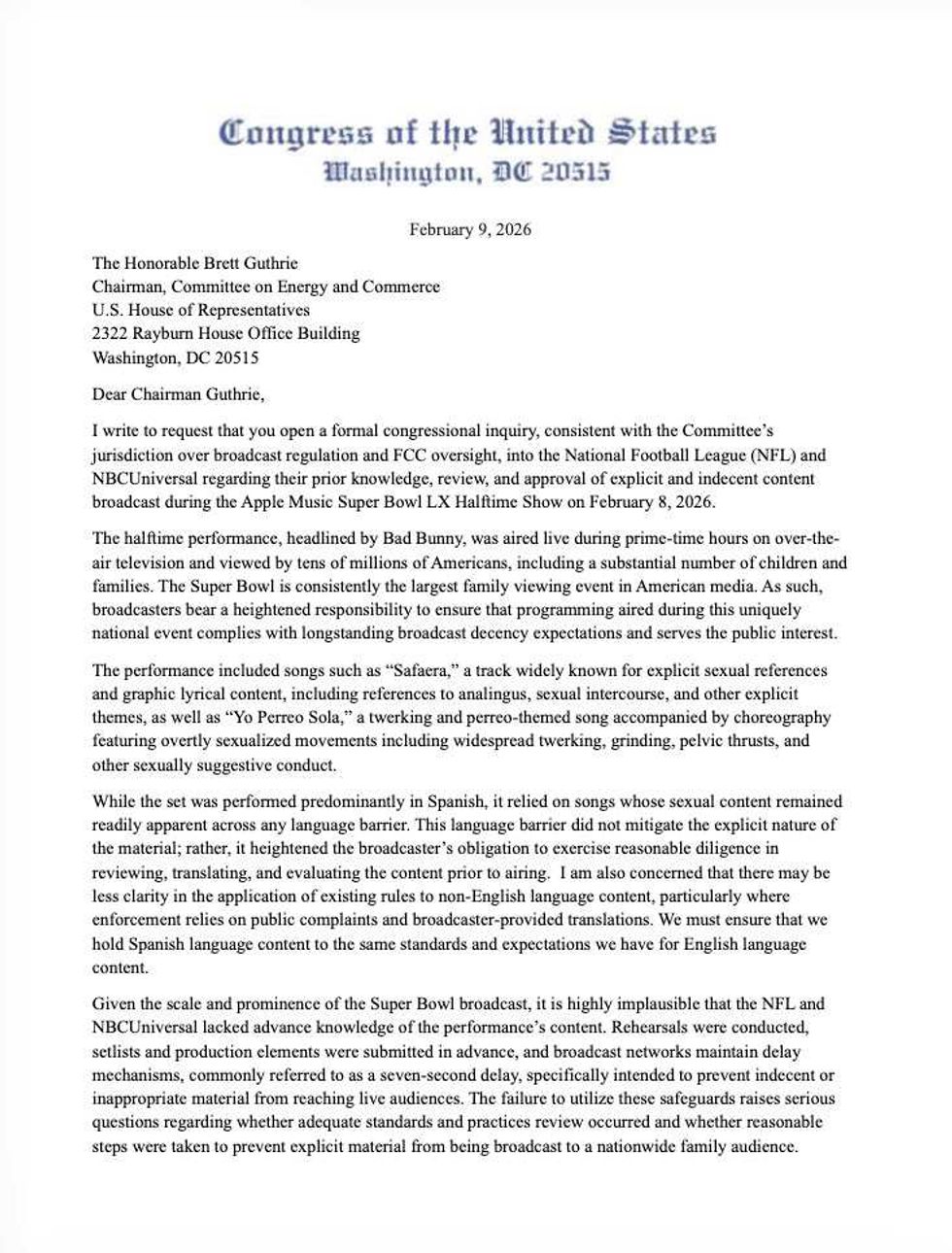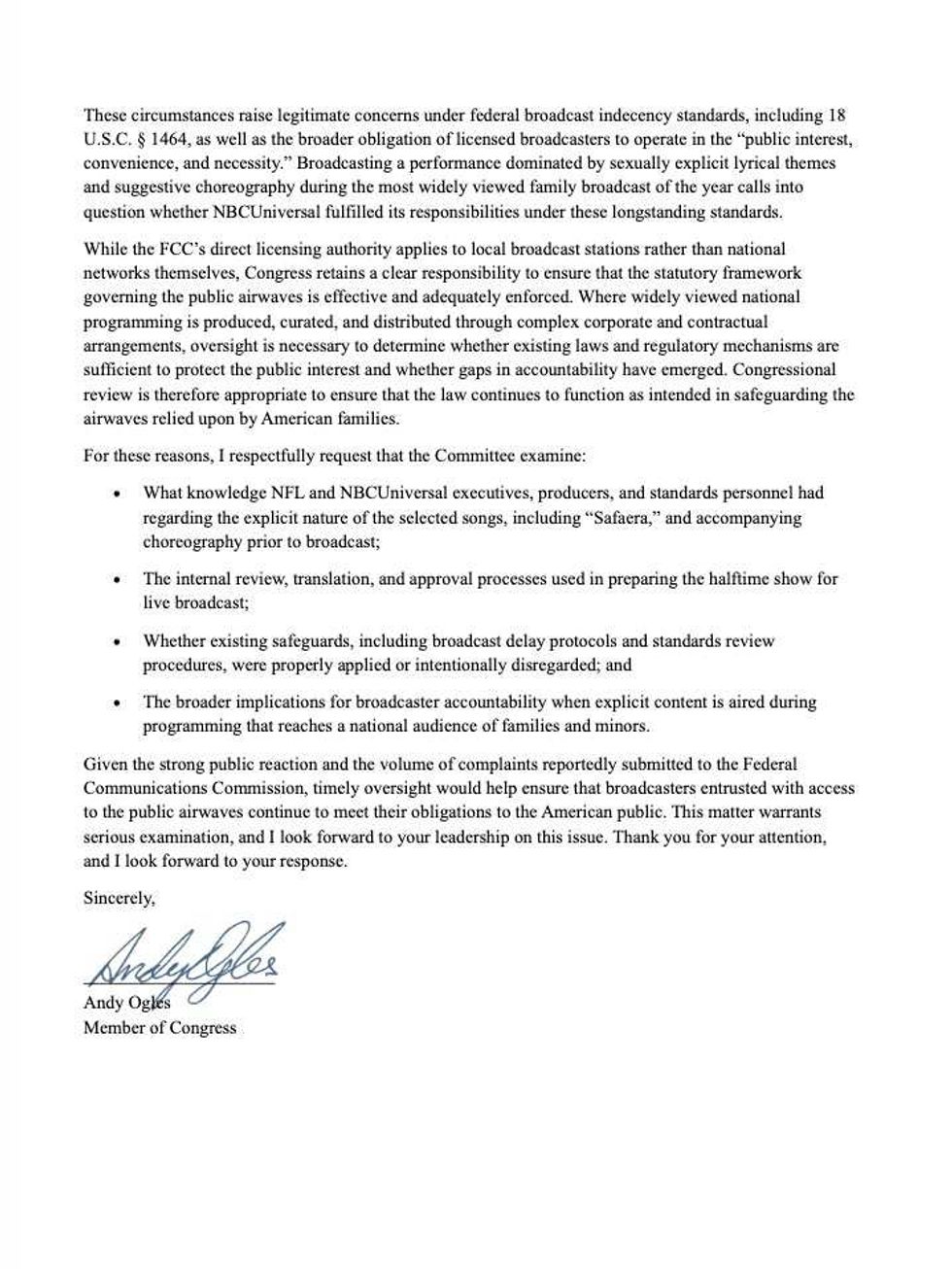For those who prefer a spot of tea with a preference for scalding hot temperatures, they could be encouraged to start appreciating the beverage at a cooler temperature.
A new study suggests that among people who smoke and drink alcohol, drinking hot tea above a certain temperature could increase their risk of developing esophageal cancer.
The study was run on behalf of the China Kadoorie Biobank Collaborative Group, which followed 500,000 adults in China in a span of 9½ years and was published Monday in the Annals of Internal Medicine.
In addition to smoking and alcohol consumption, drinking "hot" or "burning hot" liquids stresses the esophagus, making it conducive for the development of cancer.
According to the International Agency for Research on cancer, esophageal cancer is the eighth most common cancer in the world, and the fatal disease claims the lives of approximately 400,000 people, annually.
The participants in the study were given tea on a weekly basis and were asked to rank its temperature ranging from "warm," "hot," and "burning hot." A tea had to be 65 Celsius in order for it to be determined as "hot tea," but the temperature of the tea alone didn't determine the risk factor of getting cancer.
Jun Lv, a professor in the Department of Epidemiology and Biostatistics at Peking University concluded:
Drinking hot tea contributed to cancer only when it clustered with smoking and drinking alcohol excessively.
For the study, "Excessive" drinking was determined to be "15 grams or more of alcohol per day -- slightly more than that found in a 12-ounce glass of beer, a 5-ounce glass of wine or a 1.5-ounce shot of distilled spirits," according to a CNN report on the study.

But in 2016, the World Health Organization (WHO) said that regardless of whether the beverage is tea or coffee, drinking either above the temperature of 65 Celsius could increase the risk of getting esophageal cancer, anyway.
These results suggest that drinking very hot beverages is one probably cause of oesophageal cancer and that it is the temperature, rather than the drinks themselves, that appears to be responsible.
Neal Freedman of the National Cancer Institute in Bethesda, Maryland, who was not a part of the study, explained the damaging effects of hot liquids among smokers and drinkers of alcohol.
Irritating the lining of the esophagus could lead to increased inflammation and more rapid turnover of the cells.
Alternatively, hot liquids may impair the barrier function of the cells lining the esophagus, leaving the tissue open to greater damage from other carcinogens.
Catherine Carpenter, an associate professor of clinical nutrition at UCLA, told Gizmodo about the complexity of cancer research.
I think the results are really important. [But] there isn't any question about whether tea in of itself is carcinogenic. It's not about that, it's about having a lifetime history of drinking very hot beverages.
Probably all cancers have more than one cause, and what makes it so challenging that some people can develop the same cancer, but for different reasons. That's what makes the study of cancer so hard.
Drinking a warm beverage may not be your cup of tea, but it might do you and your esophagus some good to cool things down a bit.
Is it bad news for smokers, drinkers, and tea aficionados?
Or is the main issue smoking and alcohol?
This person eliminated one of the vices.
Well, if the coffee is still burning hot, you're not in the clear.
It's a fair question.









 @RepOgles/X
@RepOgles/X @RepOgles/X
@RepOgles/X





 @chrisbrownofficial/Instagram
@chrisbrownofficial/Instagram u/oatlatt/Reddit
u/oatlatt/Reddit u/LoveTheAhole/Reddit
u/LoveTheAhole/Reddit u/SoFetch89/Reddit
u/SoFetch89/Reddit u/00trysomethingnu/Reddit
u/00trysomethingnu/Reddit u/kittybuscemi/Reddit
u/kittybuscemi/Reddit u/___nic/Reddit
u/___nic/Reddit u/WaterMagician/Reddit
u/WaterMagician/Reddit u/west-brompton/Reddit
u/west-brompton/Reddit u/GhostlySpinster/Reddit
u/GhostlySpinster/Reddit u/Asleep_Tap6199/Reddit
u/Asleep_Tap6199/Reddit u/afreudtolove/Reddit
u/afreudtolove/Reddit u/myfriendtoldmetojoin/Reddit
u/myfriendtoldmetojoin/Reddit
 @charlesbeckinsale/Instagram
@charlesbeckinsale/Instagram @liamgriffin/Instagram
@liamgriffin/Instagram @valentinoguseli/Instagram
@valentinoguseli/Instagram @17is/Instagram
@17is/Instagram @torahbright/Instagram
@torahbright/Instagram @mcfetridge/Instagram
@mcfetridge/Instagram @colleenquigley/Instagram
@colleenquigley/Instagram @jonathanwaynefreeman/Instagram
@jonathanwaynefreeman/Instagram
 @amberglenniceskater/Instagram
@amberglenniceskater/Instagram